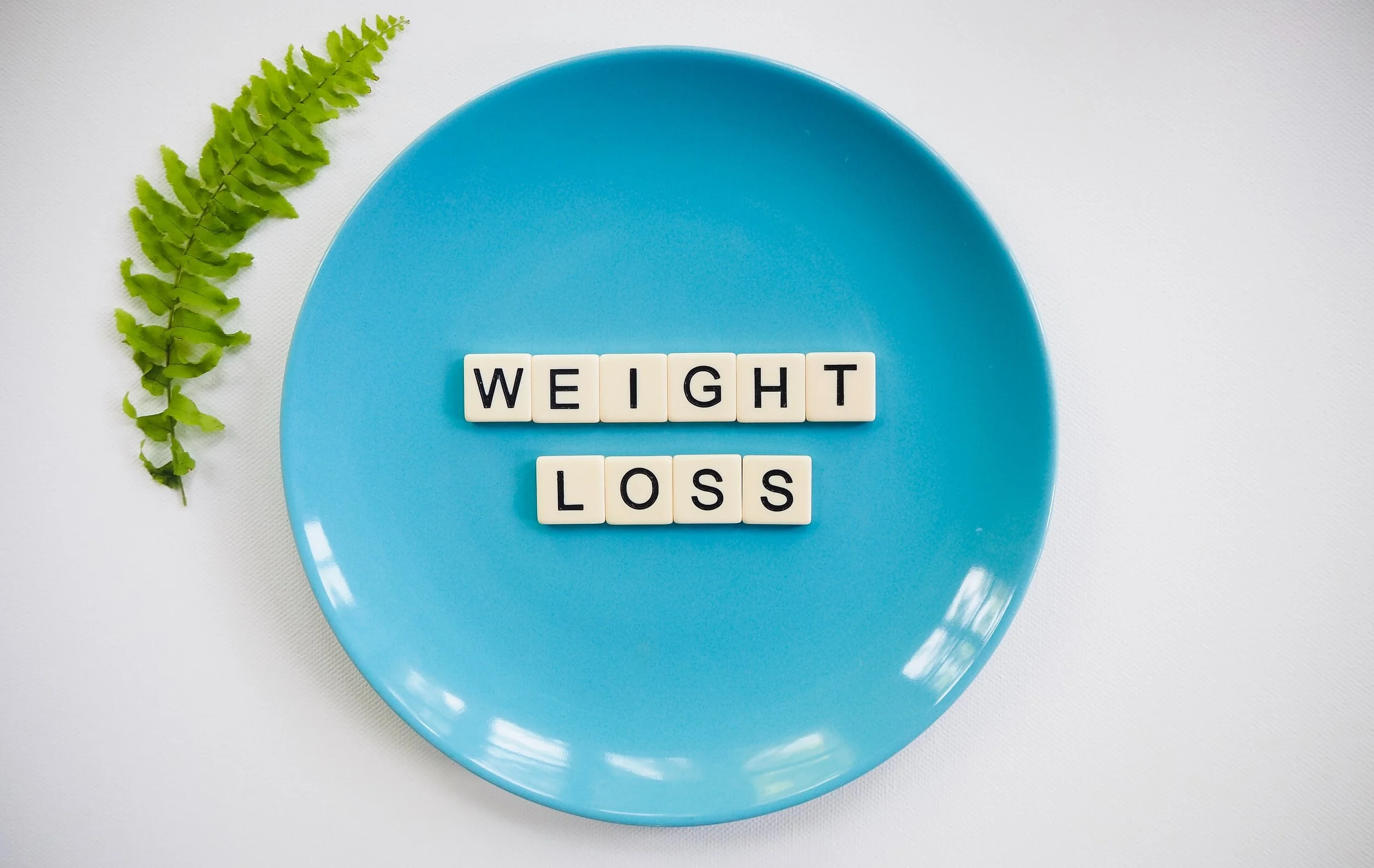When it comes to antioxidants, glutathione is the king of the jungle. It boosts metabolism, takes stress off the liver, supports the immune system, and protects the body from oxidative stress. It is composed of 3 amino acids, L-glutamine, glycine, and cysteine. Deficiency can lead to serious problems, but the good news is that we can get it through diet.
Read MoreThe body is pretty good at keeping an electrolyte to water balance, which is important for nerve conduction and muscle contraction. When you drink alcohol, you may notice that your urine turns clear, a sign that this balance has been disturbed. Here is how it works:
Read MoreIs intense exercise good for you? How about red wine? It’s good for the heart, right? How about fasting? Are ice baths good? Deadlifting is bad for your back, especially those Jefferson curls. When you look into the hormetic effect, you’ll see why there is so much confusion around these conversations.
Read MoreThere are many causes of room-spinning dizziness, so it’s important to identify other symptoms to be able to correctly diagnose the cause. Meniere’s disease is characterized by room-spinning dizziness provoked with head position change and can last hours to days. It can also be accompanied with hearing loss, a sense of fullness in the ears, and ringing in the ears.
Read MoreIf you’ve had a recent bacterial or viral infection, and then become dizzy, it may be due to labyrinthitis. The inner ear has a membranous labyrinth which can become inflamed. This will usually cause dizziness, nausea, vomiting, hearing loss, and ringing in the ears. The dizziness will usually be described as room spinning and can last for days.
Read MoreType 3 diabetes is a new (and not quite accepted yet) term to describe the effects that diabetes can have on the brain. It describes the progression of diabetes to Alzheimer’s disease. The correlation between diabetes and Alzheimer’s is well documented, and this blog will aim to describe the proposed mechanism.
Read MoreWhen I have a patient that wants to know what to do about their dizziness, the first thing I want them to do is describe how it feels without saying “dizzy”. Dizzy is a blanket description that can mean anything from lightheaded to room spinning dizziness. It may sound callus, but I always hope for room spinning dizziness.
Read MoreIf you have pain on the outside of your foot, it may be cuboid syndrome. This is often misdiagnosed and is not well understood, but we do know that it is common following an inversion sprain, or “rolling your ankle.
Read MoreNo. Stretching rarely solves a problem. We hear this all the time as, “you gotta do your stretches”. Or I have someone ask: “I have back pain, what stretches should I be doing”?
Got flat feet? I have news for you, you weren’t born with them. This is something that develops over time? Why? The short answer is: shoes. Shoes do the work for your feet, like a brace or cervical collar. The muscles that line the arch get to relax and overtime, get weak to the point where you can’t stand while maintaining an arch.
Read MoreWe are all familiar with how important it is to hydrate, and you’ve probably been told by a medical provider that you have to hydrate more. However, there is such a thing as too much. As with everything in the body, it’s all about balance.
Read MorePain plagues us all, but when should we be worried about it and when can we work through it? To answer that, we have to have a better understanding of what pain is.
Read MoreOk, I’m guilty of this too. I was doing the egg white omelettes with wheat toast and no butter back in the day. I thought I was doing it right. It’s sad to think of all those yolks I wasted.
Read MoreAs a child, I was diagnosed with hypoglycemia. I had the typical symptoms; I was tired, shaky, irritable, and would have brain fog. My parents were told to keep me away from sweets and for years, I didn’t have candy. I remember even having pancakes with syrup would cause severe nausea and I’d have to lay down. I never really understood that if I had low blood sugar (hypoglycemia), why would putting sugar in the system bother me? It would seem that would be the way to fix it.
We’ve been told for decades to eat less and move more. This is the caloric deficit paradigm, and I’d argue it’s not the best way to lose weight. Although it does work, it requires the tedious task of counting calories and leads to a lot of hunger. If our bodies were as basic as an automobile, it would make some sense. But we are much more complicated than a car. The good news is there is a better way that doesn’t require calorie counting.
Read MoreMetabolic dysfunction is rampant in the United States. The majority of Americans have an underlying metabolic dysfunction. Obesity is usually blamed for many of the problems that Americans face such as stroke and heart attack, but obesity is just one of many symptoms of a greater problem. That problem is metabolic dysfunction.
Read MoreWhy do we train? The short answer is adaptation. Whether it’s to get stronger, faster, fitter, or to perform better, we all seek adaptation. To achieve this, we need to apply a stimulus such as progressive overload. Where many of us fail is the follow up to the stimulus; recovery.
Read MoreI live in Florida, and during the holiday season, many of my patients return north for a few weeks. When they return to Florida, I get ready to hear the complaints of how the cold weather flared up their arthritis. Many practitioners believe that this is nonsense, and maybe it’s just stiffness from the car or plane ride. Maybe. I have a theory though that would lend credit to the cold weather complaints, and it has nothing to do with my training as a physio. It’s from scuba diving.
Read MoreThe sun gets a bad rap, although without it, there would be no life on the planet. Obviously, there is a disconnect there. Like all things in life, the right balance is the recommendation. As you will see, the benefits way outperform the risks.
Read MoreFor those that like to track their health by using data and wearable technology, heart rate variability (HRV) has emerged as a new marker for resilience. HRV is the variation in the time interval between heartbeats. A low HRV has been associated with many pathologies, whereas a high HRV is associated with a healthy response to stress, and overall wellness.
Read More



















